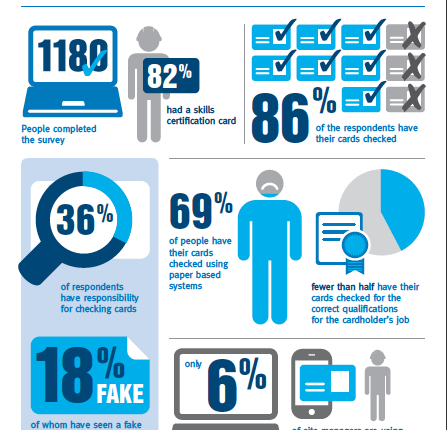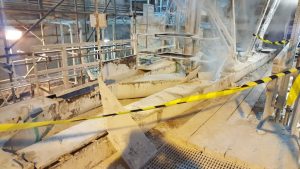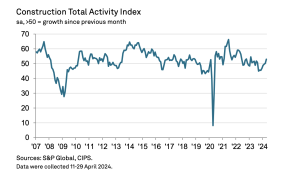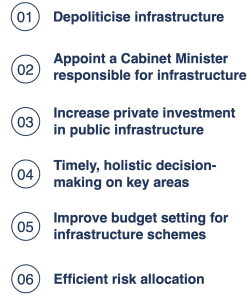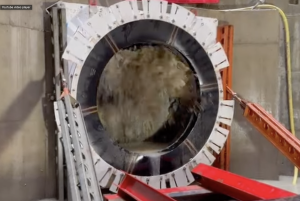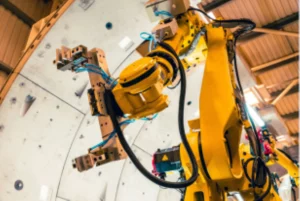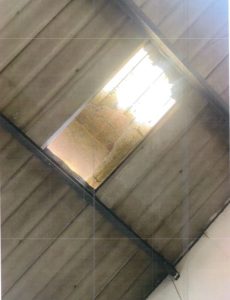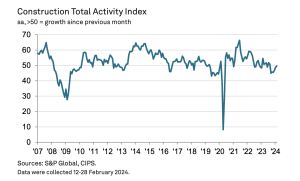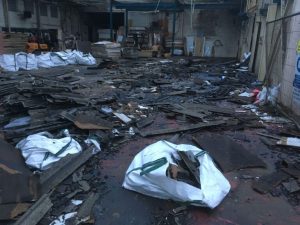Fake CSCS cards on rise according to CITB
This post has already been read 2160 times!
The glut of fake CSCS cars continues with one in five reporting seeing fake cards over the past year, the users of these fake CSCS cards are still getting away with the fraudulent use of cards because the sites they are using them on are not using the technology in place to check they are real.
A survey carried out by Construction Industry Training Board (CITB) revealed that out of the total 86% of cardholders that had their cards verified, under half (43%) were checked to see if they were actually qualified to do the job.
The Construction Industry Training Board (CITB) and the Construction Skills Certification Scheme (CSCS) all could be checked because they contain a RF ID chip which is unique to each card this allows the foreman to access to a wealth of information about each worker, including their qualifications.

Out of the 1.4 million CSCS that have the microchip technology but 69% who were surveyed said they were still checking cards using phone calls and paper checking systems and only 6% using smart technology which is available.
Head of Product Management at CITB, Braden Connolly, commented: “Producing or using cards fraudulently can constitute a criminal offence.Increased action is needed to stamp out the fraudsters, which is why we are calling on industry to adopt new technology to help tackle this problem.”
“CITB will continue to share intelligence and work with the authorities whenever the evidence suggests criminal activity is taking place.”
Graham Wren CSCS Chief Executive commented: “Thorough card checks must be carried out before allowing workers on site and employers need to ensure workers have the correct qualifications for the work they do.
“More and more people are realizing technology, such as a CSCS SmartCard, is a simple and cost effective way to do this.
“By simply placing the card into a reader or compatible device such as a tablet or smartphone you can instantly check the validity of a card and the qualifications held by the card holder.
“There is still a lot of work to be done to increase the use of technology so that relying on visual card checks becomes a thing of the past.”
Overall the industry needs to start adopting the microchip checkers to see that the workers they are letting on to site are actually qualified to do the job and have passed there health and safety testing so they do not endanger others on site

